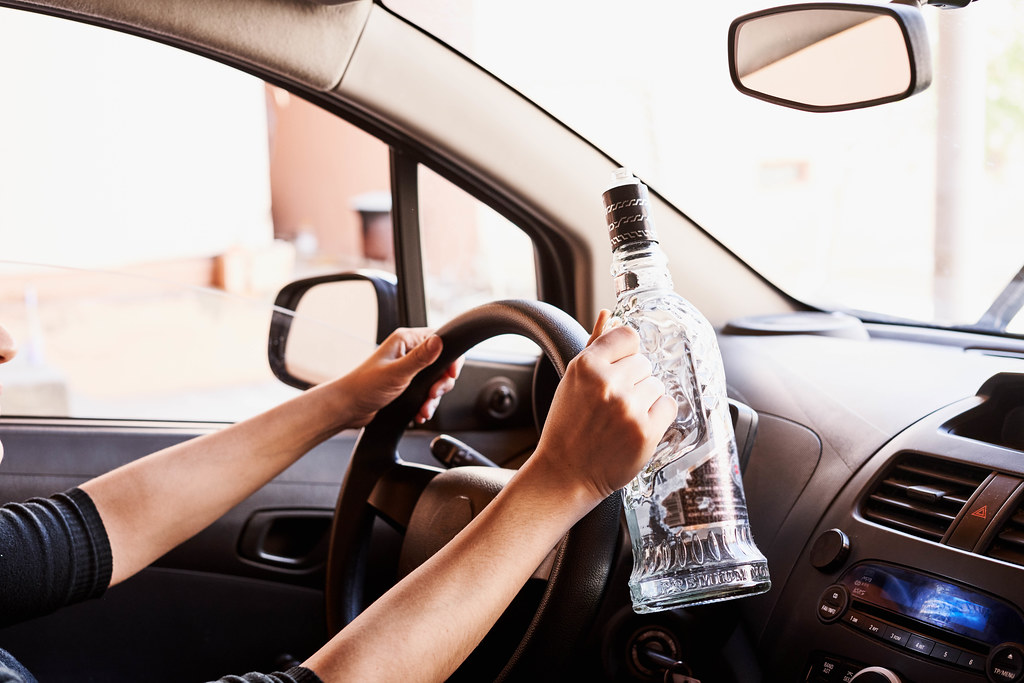
For the past five years, Mothers Against Drunk Driving has been pushing a set of proposals to toughen drunken-driving laws in Maryland–home, the group says, to some of the weakest penalties in the nation. This week, MADD will try again with slightly different measures and a different strategy.
Maryland lawmakers are to hear testimony this week on four drunken-driving bills, three of them long-standing holdovers from sessions past. But only one of the four bills–a measure that would increase penalties for “super drunk” drivers–has much chance of becoming state law, lawmakers said.
“The other three are question marks,” said Sen. Ida G. Ruben (D-Montgomery), one of MADD’s most ardent supporters in Annapolis and the sponsor of numerous pieces of anti-drunken-driving legislation. “The problem is we have a [Senate] Judicial Proceedings Committee–and more importantly, a [House] Judiciary Committee–that has a set mind against them.”
The problem more specifically, MADD activists say, is the number of lawmakers on the House Judiciary Committee who also are criminal defense lawyers with a strong interest in keeping laws the way they are. Ten of the 22 committee members–including Chairman Joseph F. Vallario Jr. (D-Prince George’s) — are lawyers.
Vallario’s committee is so well known for bottling up drunken-driving bills that MADD this year urged friendly lawmakers not to introduce one of its measures in the House. Instead, the measure–which would reduce the blood-alcohol limit at which a driver is considered legally intoxicated from 0.10 percent to 0.08 percent–was introduced only in the Senate, where MADD hopes it will come to a vote before the full body.
“We just want to get a vote on it,” said Wendy Hamilton, MADD’s public policy liaison. “It’s a matter of keeping the issue before the public.”
Vallario, a criminal lawyer denied that his livelihood as a defense lawyer affects his votes on drunken-driving legislation. Instead, he opposes lowering the blood-alcohol limit because he has seen no medical evidence to support it, he said.
“I was there when the reading was 0.15 and the doctors said, ‘Look, when you’re at 0.13, you’re intoxicated.’ Then a few years went by and the doctors said, ‘When you’re 0.10, you’re intoxicated.’ But now, I haven’t heard anyone come forward to say that, medically, at 0.08, you are intoxicated,” Vallario said.
Seventeen states, plus the District, have set the legal intoxication limit at 0.08 percent. The federal government also has offered financial incentives–worth at least $2 million a year in Maryland–for states that adopt 0.08.
Meanwhile, MADD developed the “super drunk” measure in response to complaints from members of Vallario’s committee, who argued last session that it would make more sense to target very drunk drivers than to toughen the legal definition of intoxication. The “super drunk” bill would increase penalties for drivers whose blood alcohol level exceeds 0.16 percent.
MADD also backs a new version of the open-container law that would ban open containers of alcohol anywhere in the passenger compartment of a vehicle. Under current state law, only drivers are prohibited from holding an open container. A fourth bill would punish underage drinking with the suspension of driver’s licenses.
“All these bills are up for grabs,” Vallario said. “I usually don’t make a decision until I hear the testimony.”
In a related matter, Maryland lawmakers are scheduled this week to hear testimony from those pushing laws that would stiffen penalties for overly aggressive drivers.
Under current law, state prosecutors say they lack options for pursuing drivers who are not drunk, but whose recklessness leads to a fatality. Prosecutors can charge someone for vehicular manslaughter, which requires they prove the driver had a wanton disregard for human life. Or they must settle for a traffic conviction, which typically carries a fine of about $500.
Del. Sharon Grosfeld (D) and Sen. Jean W. Roesser (R), both of Montgomery, are sponsoring legislation that would punish those drivers with up to three years in prison.










